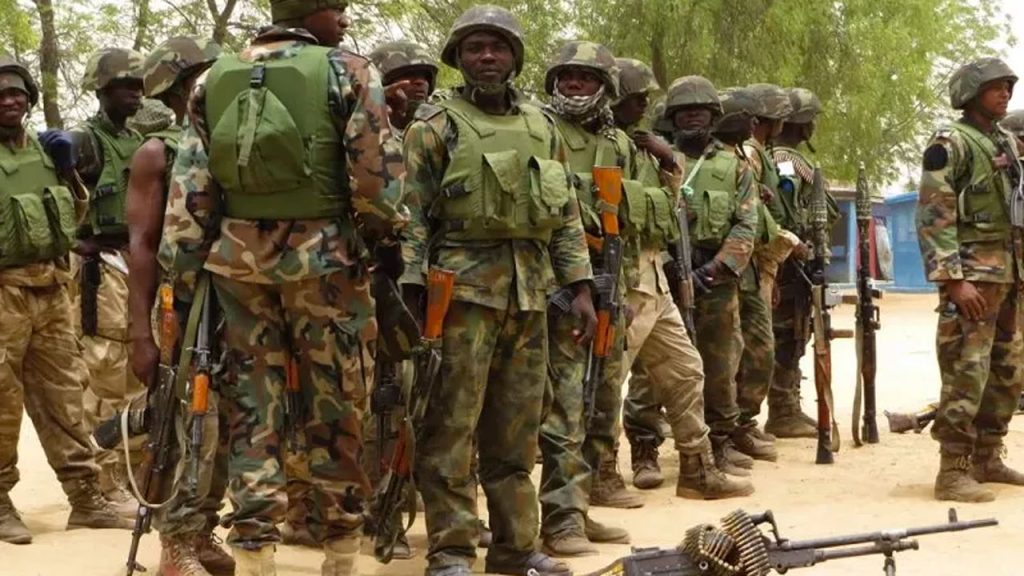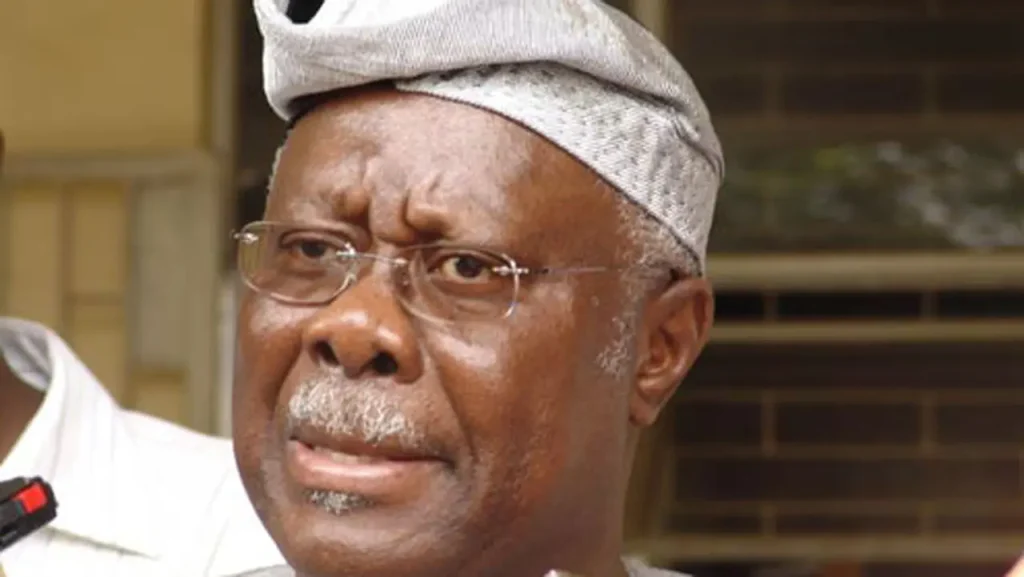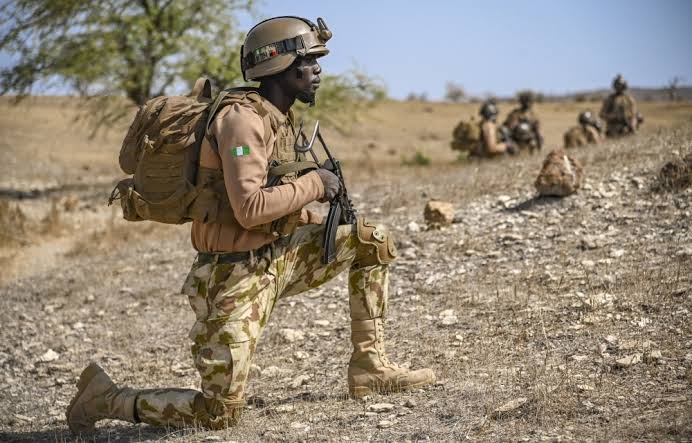Kaduna Governor Uba Sani Praises Tinubu’s Support for States, Draws Criticism
Kaduna State Governor Uba Sani has once again lauded Nigeria’s President Bola Ahmed Tinubu, asserting that no previous president has provided as much financial and policy support to state governments as Tinubu has. Speaking on Arise Television’s Prime Time programme, Governor Sani defended his earlier remarks, stating, “I am going to praise him again today. In the history of Nigeria, no president has supported sub-national entities as much as Asiwaju President Bola Ahmed Tinubu.”
Governor Sani dismissed criticism from those questioning his comments, arguing that only those in governance can truly understand the extent of support governors are receiving from the current administration. “People who are speaking are not governors,” he said. “They might be hiding, but when I speak, I speak as a governor. And I said ‘governors.'”
Sani’s comments have sparked a mix of reactions from political stakeholders and opposition leaders. Critics argue that the funds referred to by the governor came from the controversial removal of fuel subsidies, which has led to increased hardship for many Nigerians. They contend that praising Tinubu for sharing proceeds from what they describe as citizens’ suffering is misplaced.
However, Governor Sani remains firm in his stance, reiterating his appreciation for Tinubu’s support in managing economic pressures at the state level and maintaining financial stability. “He has been very supportive, and I want to thank him for that,” Sani said.
The removal of fuel subsidies has been a contentious issue in Nigeria, with many citizens struggling to cope with the increased cost of living. While some argue that the move is necessary for the country’s economic growth, others contend that it disproportionately affects the poor.
Governor Sani’s praise for President Tinubu highlights the complex political landscape in Nigeria, where state governors often rely on federal support to manage their budgets and maintain services. As the country continues to grapple with economic challenges, the debate over the removal of fuel subsidies and the distribution of resources is likely to remain a contentious issue.



